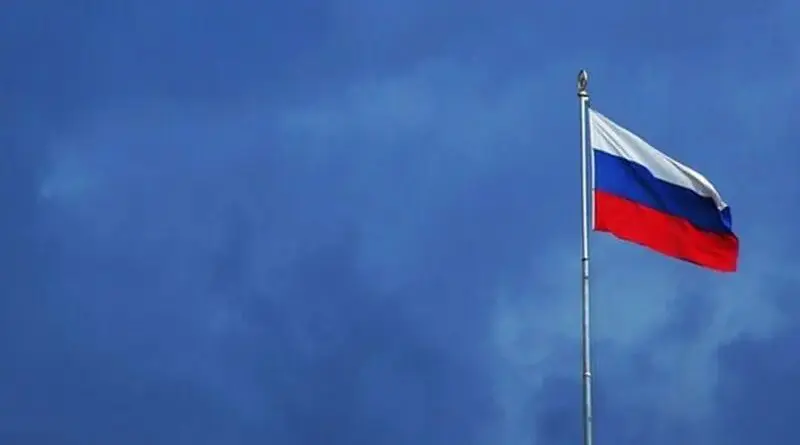Russian Nationalists In Moscow Ignored September 8 Elections – OpEd
By Paul Goble
In past Russian elections, parties and groups on the nationalist right may have condemned the voting as a sham; but they typically tried to exploit meetings to advertise their differences with both the government and the liberal opposition. But in advance of the September 8 vote in Moscow, the extreme right took a different tact, Vera Alperovich says.
Two of their leaders Vladimir Burmistrov and Nadezhda Kvachkov sought to be candidates but were rejected as candidates by the authorities. A third, Aleksandr Bosykh, failed to get enough signatures but a fourth, Nadezhda Shalimova, did run but lost in the 44th district (sova-center.ru/racism-xenophobia/publications/2019/09/d41465/).
She blamed her defeat on inadequate financing and on the failure of Aleksey Navalny to include her on his “smart voting” list.
Most nationalist activity this electoral cycle was online, with various leaders staking out positions, attacking both the liberals and the government, accusing the former of collaborating with the latter or with the communists and thus betraying even the false principles they claimed to be upholding.
Few nationalists attended the mass meetings in Moscow or with one exception organized a meeting of their own. It was small but ended with three detentions. Those who did take part in the meetings, however, behaved in a new way. They did not try to stand out and in many cases, it was difficult if not impossible to identify them in the crowd.
Some nationalists, Alperovich says, joined the liberals in expressing anger about the arrest of demonstrators, but most refused to do so because they did not see why they should be defending the liberals in any case. Almost none of the nationalists approved Navalny’s “smart voting” list because he included on it KPRF candidates.
In addition, she says, Navalny’s support for the communists and refusal to support “’Russian candidates’” led to open speculation online by nationalist groups that there must be some “hidden agreement between Navalny and the Presidential Administration,” yet another reason for opposing the liberals.

